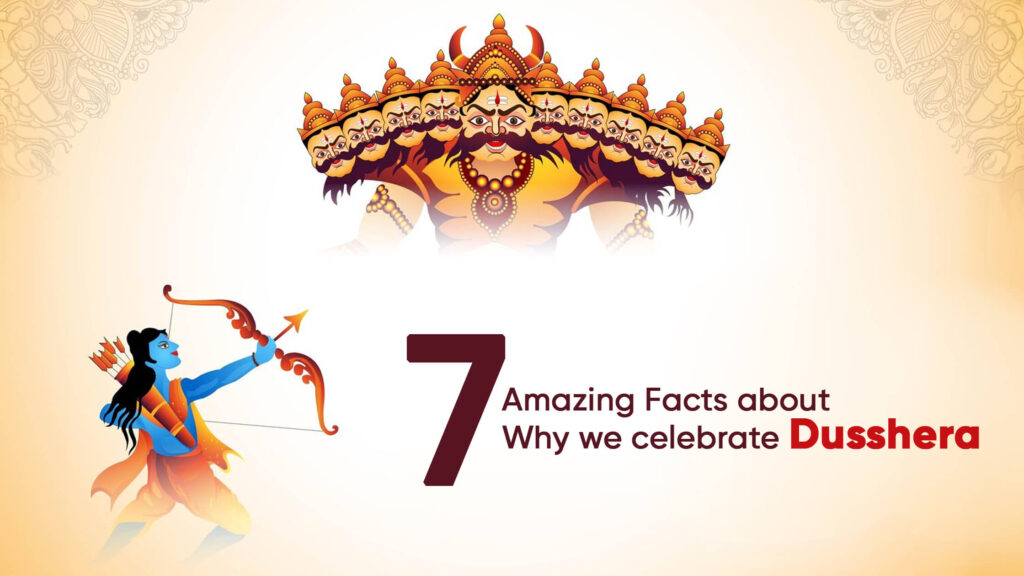Dussehra is celebrated to commemorate the victory of Lord Rama over the demon king Ravana. This epic battle symbolises the triumph of righteousness over evil. At Divya Jyot School, we emphasise the importance of moral values and ethics, making Dussehra a perfect occasion to reinforce these principles through activities like skit competitions, dance, etc.
In many parts of India, Dussehra coincides with the end of Navaratri, a nine-night festival dedicated to Goddess Durga. Her victory over the buffalo demon Mahishasura signifies the power of femininity and the removal of obstacles.
Dussehra celebrations often include Ramlila performances, where scenes from the Ramayana are enacted. At Divya Jyot School, these cultural performances help students understand and appreciate their rich heritage. It’s a creative way to teach history and moral lessons.
One of the most distinctive traditions of Dussehra is the burning of effigies of Ravana, Meghnad, and Kumbhakarna. This ritual symbolises the destruction of evil forces.
Lord Rama’s adherence to truth and his unwavering commitment to dharma (duty) serve as powerful lessons for our students. We stress the significance of truth, honesty, and integrity in all aspects of life.
Dussehra is celebrated differently in various parts of India. At Divya Jyot School, we encourage our students to embrace and respect the diversity of our country. They learn about the various customs and traditions associated with the festival.
Dussehra also emphasises the importance of social responsibility. Students at Divya Jyot School are taught to help those in need, just as Lord Rama sought the support of Hanuman and the Vanara Sena. This fosters a sense of empathy and compassion among our students.
